Gray rock communication is a technique used in high-conflict situations, such as contentious divorces, to minimize engagement and emotional reaction. The term “gray rock” refers to becoming as uninteresting and unresponsive as a gray rock—bland, neutral, and unremarkable. This strategy is especially effective when dealing with someone who thrives on drama, manipulation, or emotional control, such as a narcissistic or abusive ex-partner.
In a high-conflict divorce, communication can often become heated, with one party attempting to provoke emotional reactions. Gray rock communication helps to prevent escalating these conflicts. It involves responding in a calm, concise, and non-reactive manner, offering minimal information without engaging in arguments or emotional exchanges. For example, instead of reacting to an inflammatory comment or accusation, the gray rock response would be neutral and factual: “Yes,” “No,” “Ok,” or “I will consider that.” There is no elaboration, justification, or emotional investment in the conversation.
When using gray rock communication, it’s important to avoid sharing personal information or reacting to provocations. If the ex-partner tries to bait you into an argument or seeks a reaction, the goal is to maintain an emotionally detached demeanor. You may acknowledge necessary facts, particularly when related to co-parenting, but keep the discussion limited to essentials.
Gray rock communication helps to reduce the toxic dynamics of high-conflict divorces. It deprives the other party of the emotional fuel they seek while protecting your own mental health and boundaries. This method can make the other person lose interest in conflict, making interactions more manageable over time. However, it’s important to maintain this approach consistently for it to be effective.





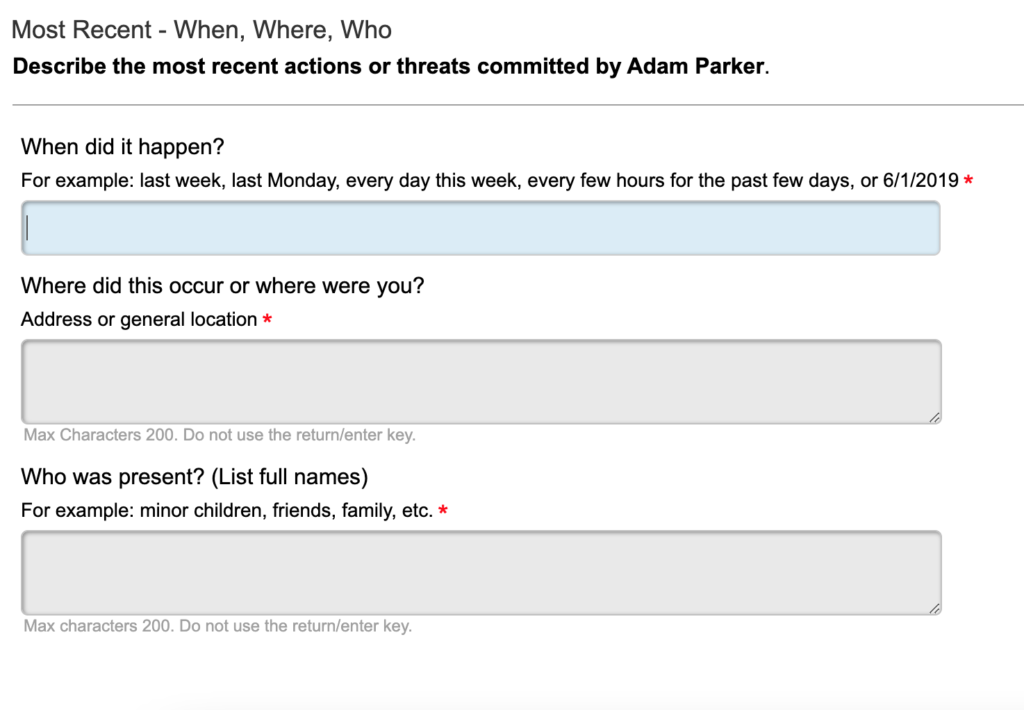
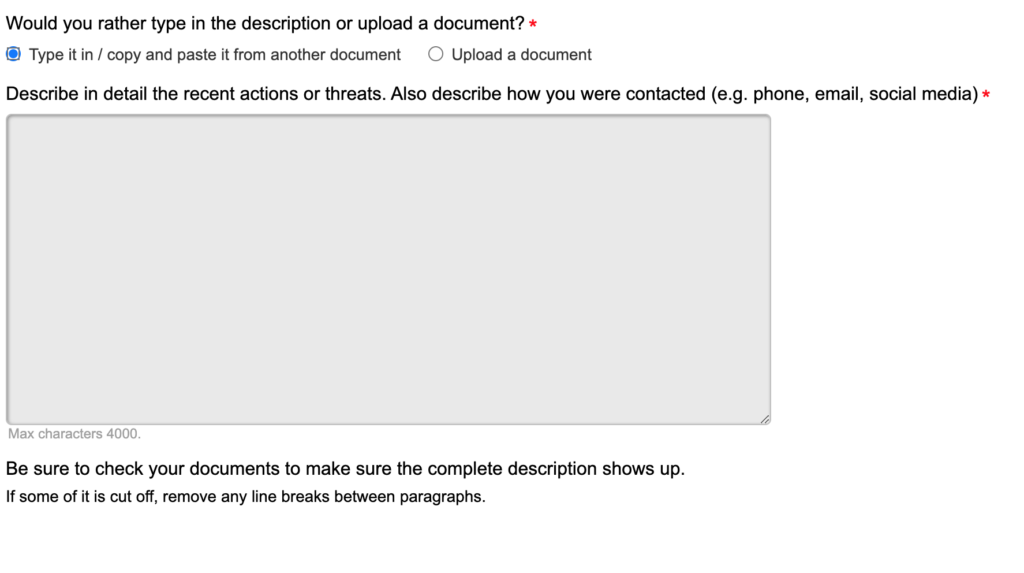
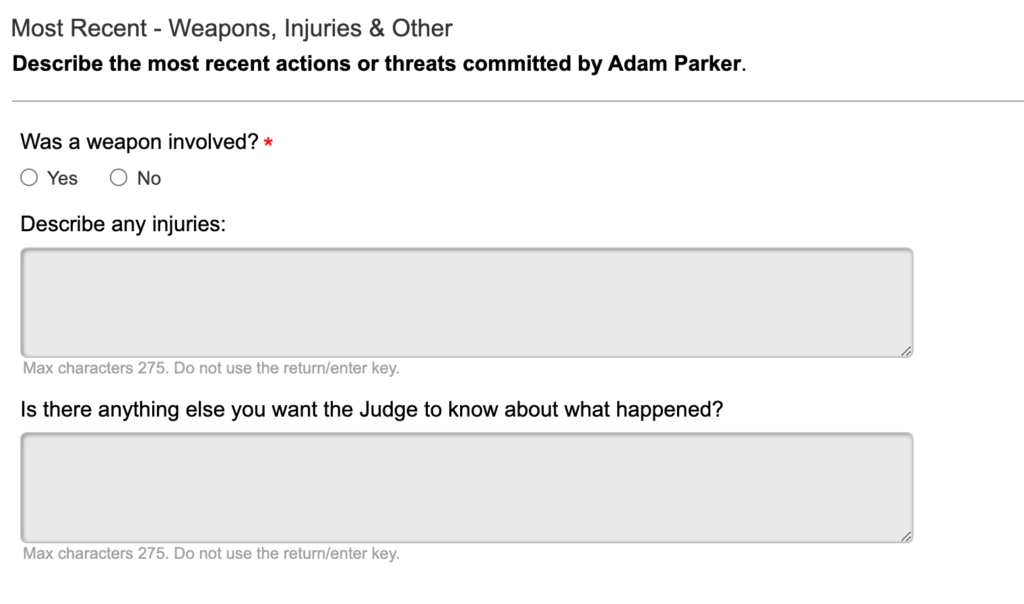
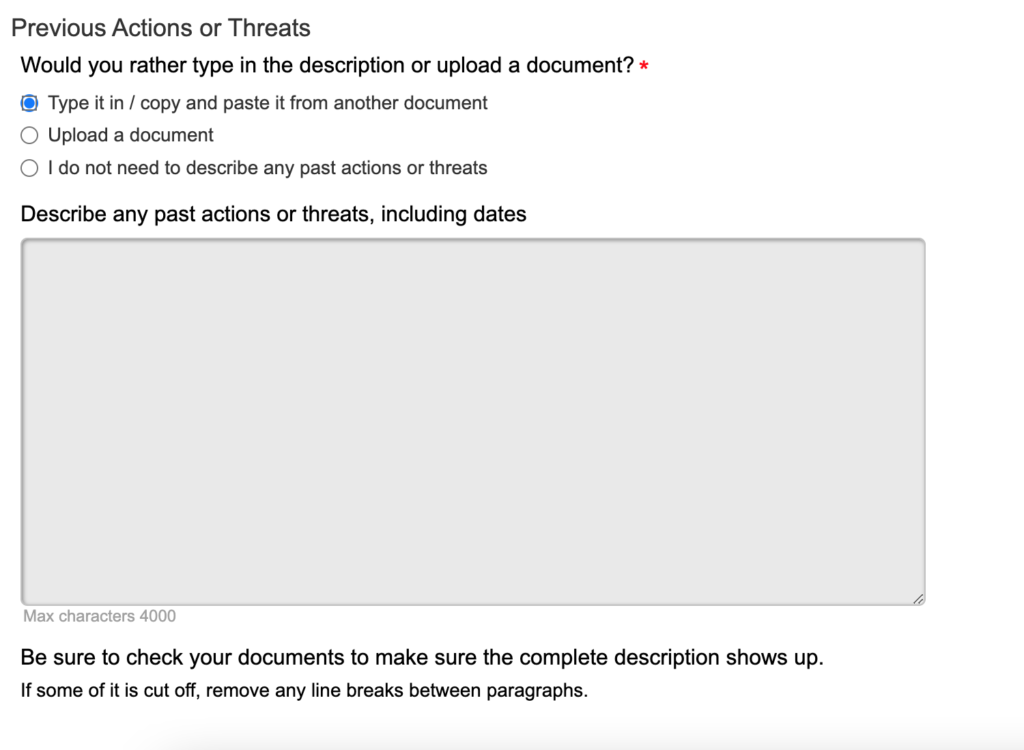
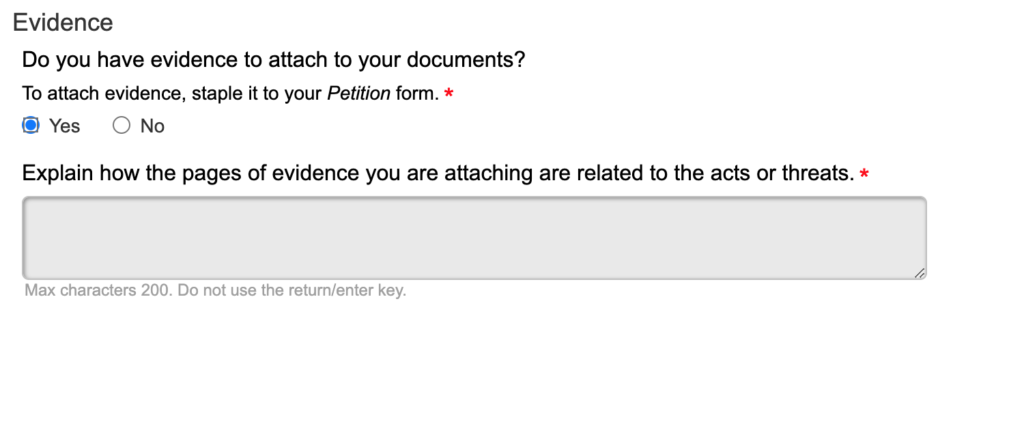
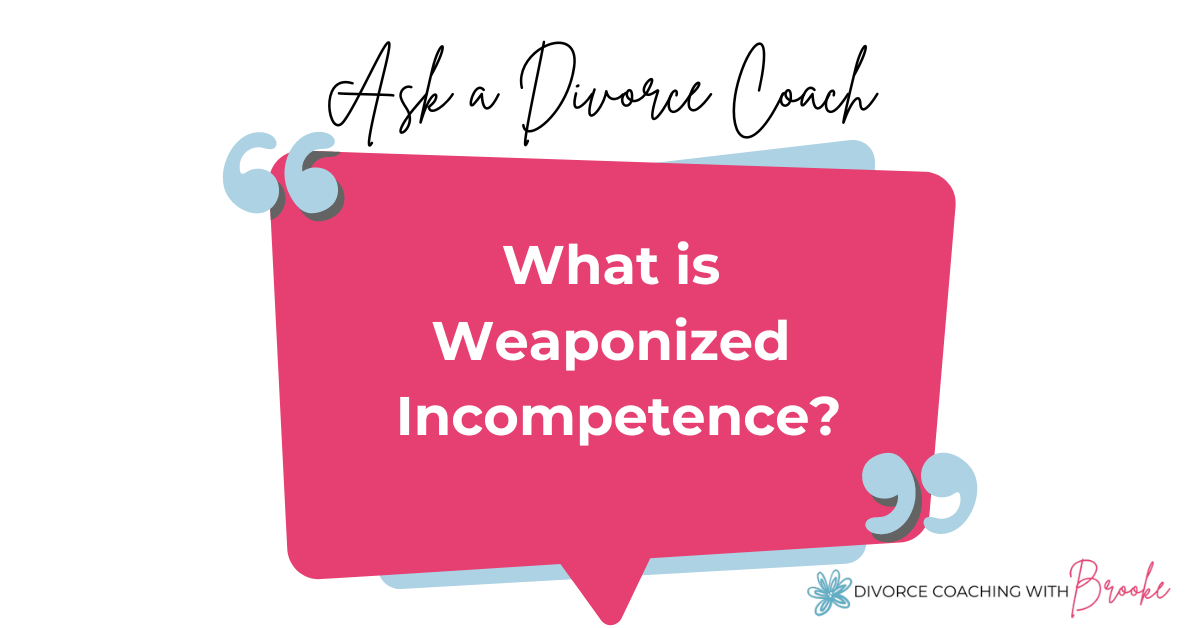

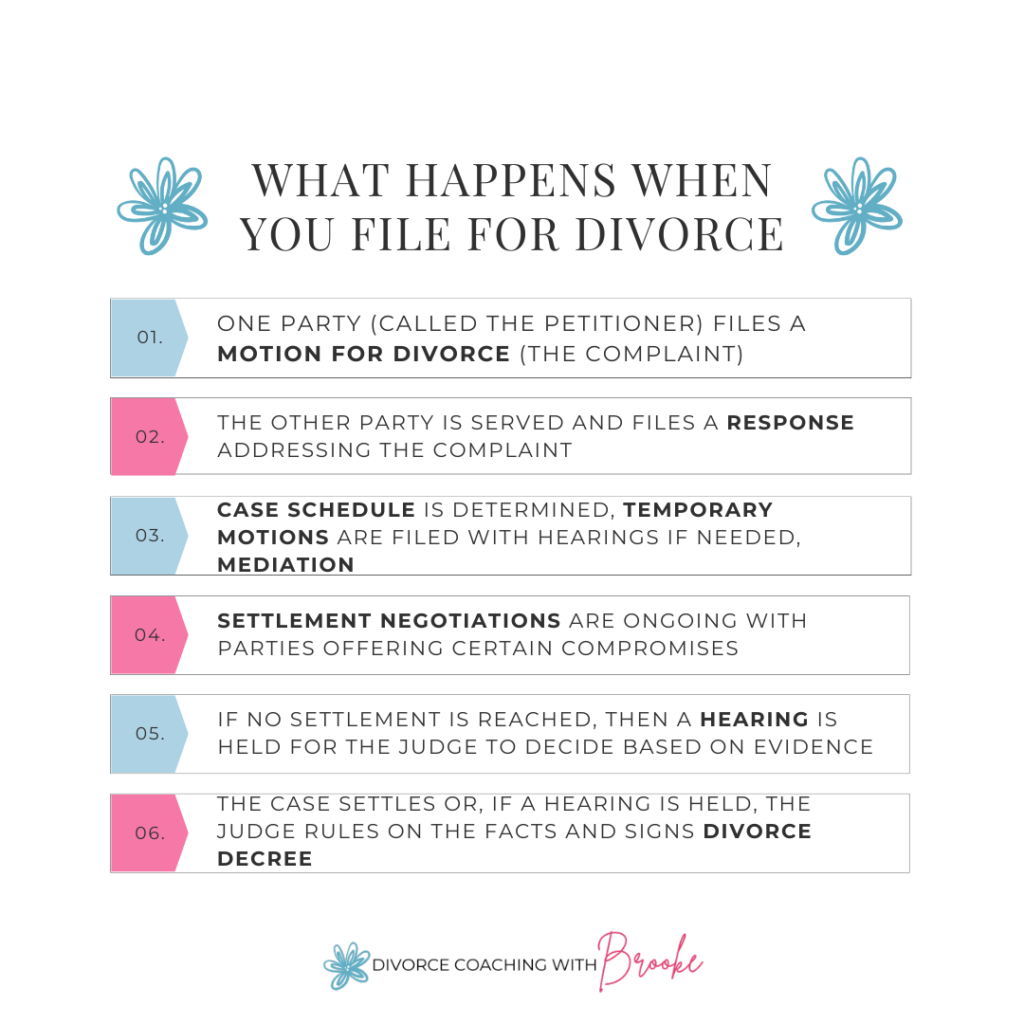 What happens after I say I want a divorce?
What happens after I say I want a divorce?

